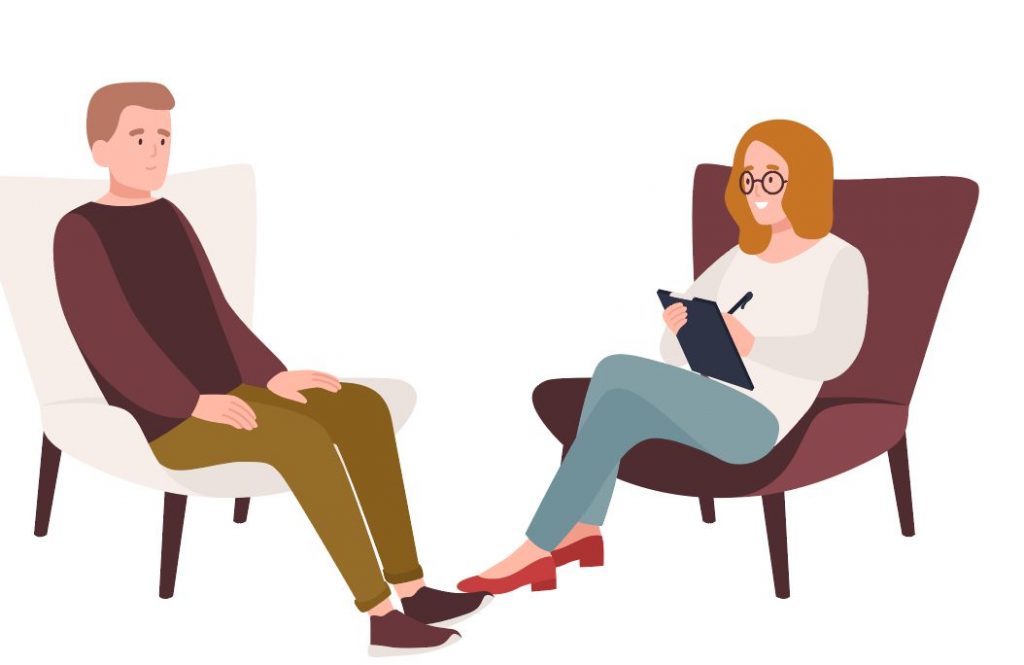Fears can be paralyzing and can prevent us from living our best life. Whether it is the fear of public speaking, the fear of failure, or the fear of the unknown, no one should have to live in fear. While it can be hard to overcome these fears on your own, psychotherapy is one way to address them. Psychotherapy is a form of psychological treatment that can help you work through your fears and anxieties and ultimately help you to overcome them.
Psychotherapy works by allowing you to express your fears and anxieties in a safe environment. Your therapist will listen to you and help you to become aware of the underlying causes of your fears. By understanding the root cause of your fears, you can begin to work through them constructively. Psychotherapy can also help you to develop coping skills and strategies to help you better manage your fears.
Many different types of psychotherapy can be used to help you overcome your fears. Cognitive-behavioral therapy (CBT) is one of the most common types of psychotherapy used for fear. CBT is used to help you recognize the thoughts and behaviors that are contributing to your fear and to help you replace them with healthier ones. Other types of psychotherapy used to address fear include psychodynamic therapy, mindfulness-based therapies, and exposure therapy.

Fear can be a symptom of a mental health disorder such as anxiety, depression, or post-traumatic stress disorder (PTSD). If you are experiencing fear that is disrupting your life, it is important to seek professional help to determine if there is an underlying mental health disorder that is contributing to your fear https://www.collaborativeminds.net/sara-schreiber
When preparing for psychotherapy for fear, it is important to take some time to think about what your goals are for therapy. It is also important to be open and honest with your therapist about your fears and any other issues you may be facing. It is also important to be willing to try new things to learn more effective ways of dealing with fear. click here to read more.
During psychotherapy for fear, you can expect to explore the underlying causes of your fear and to learn new ways of managing and responding to your fear. Your therapist may also help you to identify any unhealthy behaviors or thought patterns that are contributing to your fear.
